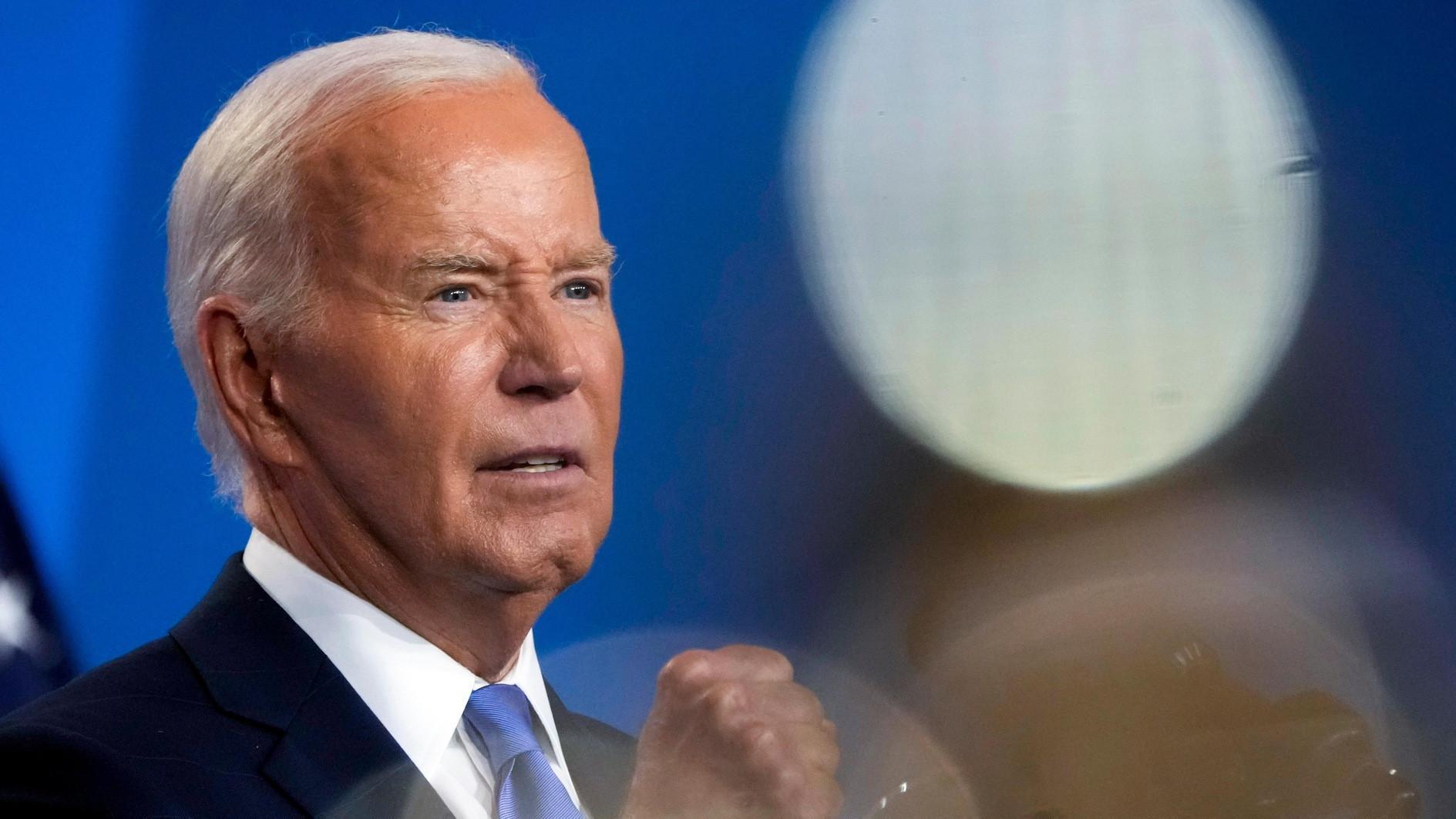Eurozone finance ministers to hold Cyprus conference call
MOSCOW - Agence France-Presse

AP Photo
Eurozone finance ministers will stage a conference call at 1830 GMT on Monday to assess proposed changes to a hugely controversial 5.8-billion-euro levy on Cypriot bank accounts as part of a deal to bail out the debt-laden island's government, an EU official told AFP."The Eurogroup will hold a teleconference at 7:30 pm," the source said, as the fallout from the 5:00 am decision to "tax" account-holders rich and poor hit stocks, the euro and drew the wrath of Russian President Vladimir Putin.
Greek Cyprus parliament vote on bailout postponed to Tuesday
Greek Cyprus parliament speaker Yiannakis Omirou said a vote by lawmakers on a controversial EU bailout that includes the levying of an unprecedented tax on private bank deposits has been postponed to Tuesday.
Omirou told reporters that parliament would convene for the vote at 6.00 pm (1600 GMT) on Tuesday.
Greek Cyprus tax on deposits 'dangerous': Putin
Russian President Vladimir Putin on Monday called a proposed tax on bank deposits in Greek Cyprus that could hit Moscow oligarchs especially hard "unfair, unprofessional and dangerous." "Putin said that this decision, in case of its adoption, will be unfair, unprofessional and dangerous," Russian news agencies quoted Kremlin spokesman Dmitry Peskov as saying.
Peskov said Putin made the comments during an emergency meeting with members of his administration and economic advisers to discuss the Greek Cyprus tax.
The strict terms of the 10-billion-euro deal -- yet to be adopted by the Greek Cypriot parliament -- would slap an unprecedented 9.9-percent levy on all bank deposits exceeding 100,000 euros.
Several analysts said the measure was meant to make sure that Brussels did not spend billions propping up the at-times ill-gotten gains of Russia's super-rich.
"It is clear that (Greek Cyprus) is under tremendous pressure from the European Union," Deputy Finance Minister Sergei Shatalov was quoted as saying by Interfax.
Estimates vary but the Moody's rating firm estimates that up to $19 billion in private Russian cash is secretly buried in Greek Cyprus. The figure accounts for between a third and half of all Cypriot deposits.
Russia's number two bank VTB -- a state-owned institution -- alone had $13.5 billion resting in Greek Cyprus through a subsidiary and was due to lose a tenth of that amount.
"VTB Group is carefully monitoring the situation," the bank said in a statement. "We can only assess its repercussions after studying the text of the law." Displeasure resounded through Moscow amid warnings that a possible run on Greek Cypriot banks could reverberate across Europe and set a bad precedent for future rescue packages for struggling states.
A frustrated-sounding tycoon and former presidential contender Mikhail Prokhorov said that Brussels "had set a real financial mine under the idea of a single Europe." "And this is not because it touches Russian business, which can afford to lose two or three billion dollars," Prokhorov told the Kommersant business daily.
"The European Union essentially opened a Pandora's box," he stressed.
Some analysts believe that the Russians will now only compound Greek Cyprus's problems by taking their cash out and parking it in other tax havens such as Luxembourg.
"The unhappiest of the Russians will simply look for other places to put their money," said Paragone Advisory Group analyst Alexander Zakharov.
Others noted that the Russian ruble was now likely to weaken in the face of growing investor risk aversion.
"Cyprus's decision to impose a haircut on banks' depositors is likely to charge up negative dynamics in the ruble (and the whole emerging markets foreign exchange spectrum as well)," Moscow's VTB Capital said in research note.
The Moscow market -- down more than two percent on Monday afternoon -- may also suffer from the smaller volume of available cash from which foreigners make direct investments in Russia.
Greek Cyprus has consistently ranked as the largest single foreign direct investor in Russia because of the tycoons' desire to repatriate their cash into money-making enterprises at home.
But perhaps most under threat is an agreement on the extension of 2.5-billion-euro loan that Moscow extended to Nicosia in 2011 at a rate of 4.5 percent.
Greek Cypriot Finance Minister Michalis Sarris was tentatively scheduled to visit Moscow on Wednesday with the brief of lowering that rate and extending the loan's expiration date until 2020 from 2016.
Moscow was reported to be seeking in exchange details about Russian billionaires who held accounts on the island.
Russia was also reportedly interested in buying a majority stake in Greek Cypriot lender Patriot Bank that is in need of rescue.
Yet top Moscow finance officials hinted on Monday that the bank deposit tax may scuttle negotiations.
"It looks like the Eurogroup took this action without consulting Russia," Finance Minister Anton Siluanov was quoted as saying by Interfax.
"So, we are going to take a second look at whether to take part in a deal to restructure our earlier credit," Siluanov said.
















